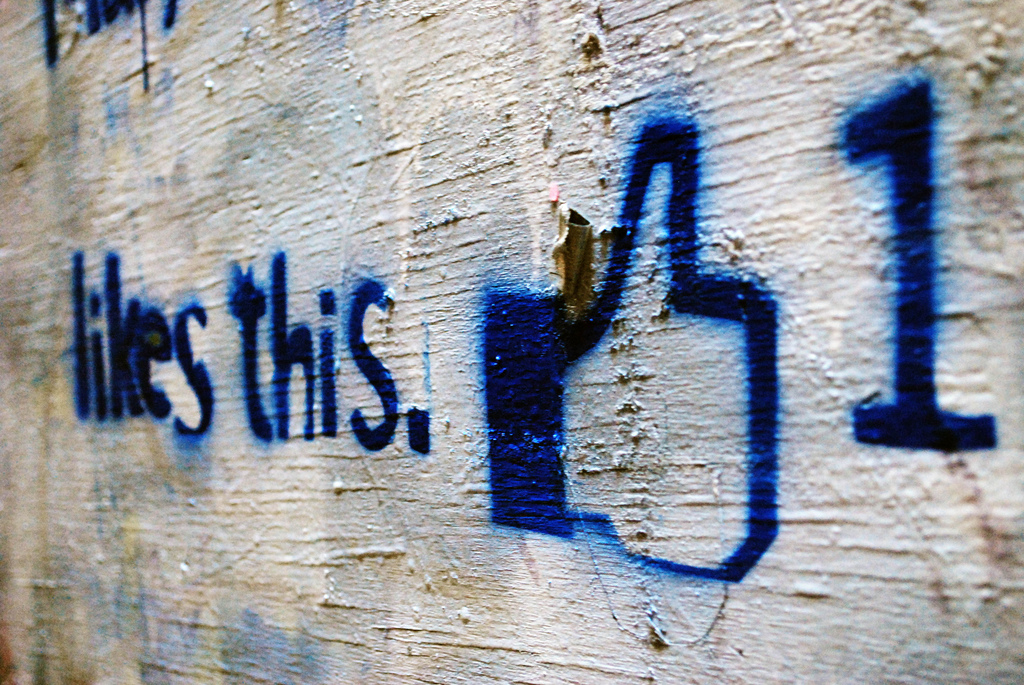Managing social media accounts for a college or university is not an easy task.
Few care to discuss the role of strategy in social media, the pressure to get it right or the business objectives most measure against. It’s almost understandable when administrators or colleagues always ask the same question: “How many likes do we have?”
“IT’S NOT ABOUT THE LIKES! IT’S ABOUT ENGAGEMENT! IT’S ABOUT BUILDING A BRAND! IT’S ABOUT MEETING OUR BUSINESS GOALS!”
Yes, it is … but it’s also about likes.
It’s amazing how simple, seemingly inconsequential actions — “liking” something on Facebook, “following” a Twitter account or watching a YouTube video — can matter so much to the people who make a living defining what the metrics mean.
As much as we may want to cast aside these trivial transactions, they DO mean something and cannot be ignored. Don’t dismiss the like.
Does an alumnus make a gift based on a carefully crafted Facebook post? Will someone apply to an institution based solely on a Tweet? I sure hope not. Yet these metrics do mean something and here are four reasons you should care:
Likes are people (well, most of the time).
There are robots and like-buyers out there, sure. More often it’s a real person who likes a page, follows an account or watches a video. The problem is that it’s next to impossible to tell if that person is just another lurker never to engage again or a die-hard brand advocate just jumping on board. Let’s assume it’s the latter and appreciate the action.
Likes are easy to understand.
Michael Stoner stated it simply in a previous post: “If we know anything about measurement in higher ed, it’s complicated and undisciplined.” I couldn’t agree more. As an industry we still struggle to wrap our arms around the data. Yet anyone who ever survived high school understands the importance of being liked. Tracking “likes” may be a rudimentary means of measuring success and fails to paint the whole picture, but the concept is one we all understand: More likes = better.
Likes are an indicator of action.
Likes aren’t enrollments or gifts. These actions are the end goals most college marketing or advancement professionals strive to achieve. However, likes are indicators of action … albeit ones with a low barrier for engagement. Students have to start somewhere in the enrollment funnel. Why couldn’t it start with a like?
Likes are social signals that lead to bigger things.
Google is increasingly rewarding sites for social signals — likes, tweets, views, etc. When Google goes looking for the quality content it deems an authority or relevant on a subject, it looks at any number of things, including how many people like, comment or share that content across the Internet.
Likes may be a little things but they are little things we just can’t ignore.
Photo by Ksayer1 on Flickr used under a Creative Commons license.
